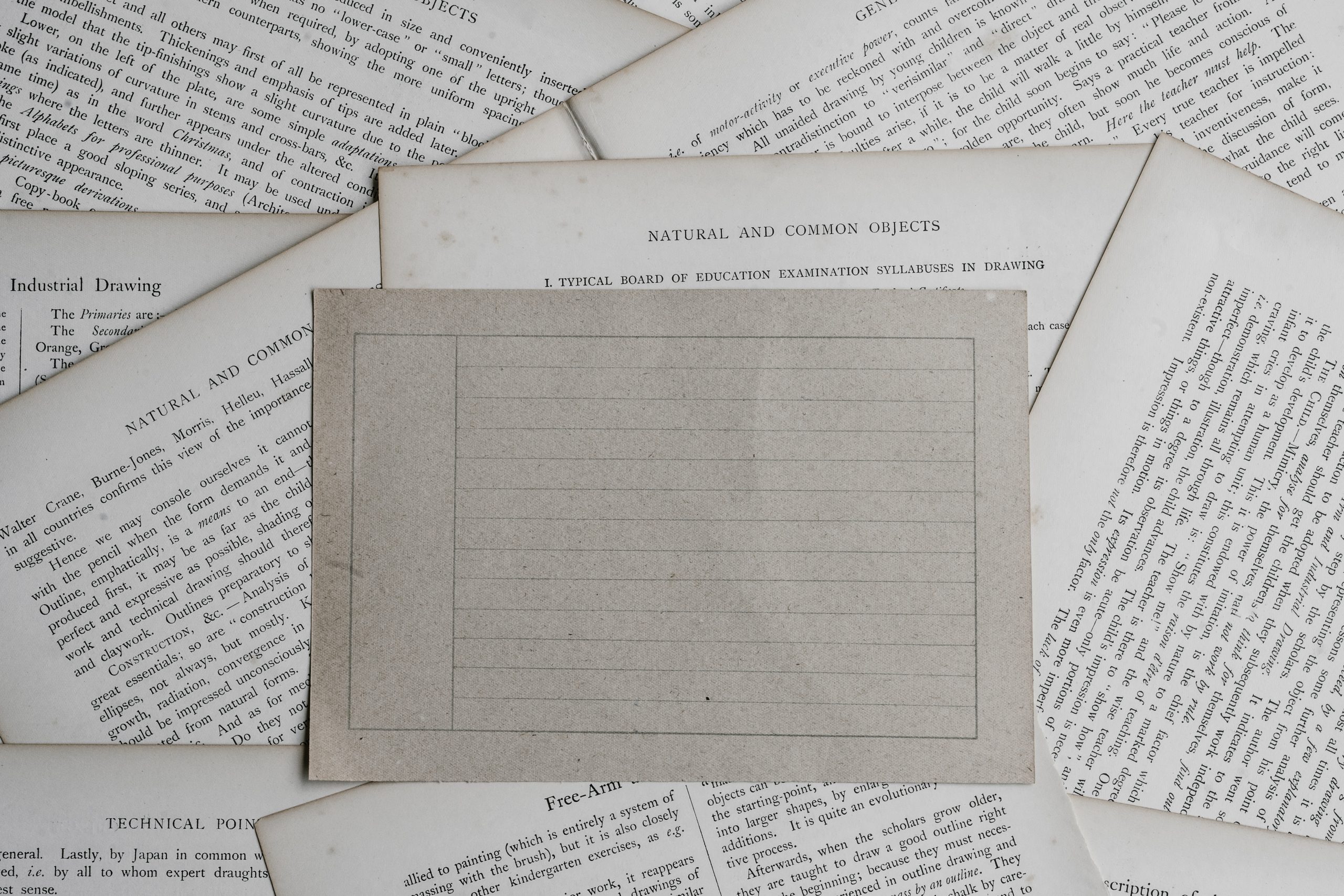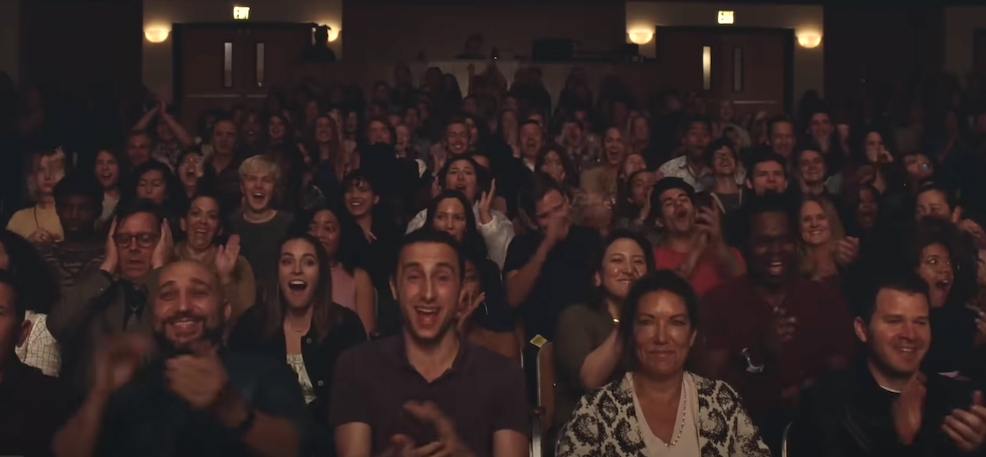Advice
Networking Advice for the Antisocial Writer
The Blunt Instrument on what is and isn’t important about making literary connections

The Blunt Instrument is an advice column for writers. If you need tough advice for a writing problem, send your question to blunt@electricliterature.com.
Dear Blunt Instrument,
I’ve been, for a few years, coming to grips with the fact that I’m not particularly fond of socializing with my writing contemporaries. I’m 26, have an MFA, and have had work appear in a handful of moderate-to-good journals. That said, I have almost no interest in the exhaustive process of networking which I see pervading literary Facebook and Twitter, as well as the face-to-face realm. All this feels a bit hypercapitalistic, and I don’t have the time nor desire to commit to new friends.

When I do attend readings, I find some inspiration, but I find I’m more inspired by being around and talking with my close friends, who read, sure, but whose jobs and aspirations have little to do with writing. As a result, I’m in a constant battle between choosing what I want to do, which is seeing and writing for my friends, and doing what I think I ought to be doing, which is making more literary connections. I’d like to put out a book soon, but save for a few ex-professors and even fewer magazine editors, I don’t think any literary people will care. This doesn’t bother me inasmuch as I want to be liked; it bothers me in that I’d like to have a readership.
Should I bite the bullet and become poetry’s next big cheerleader, in hopes that, one day, someone will cheer for me, or should I stick to my too-cool-to-care ethos? Either way I feel like I’m losing.
Thanks,
Rock & Hard Place

Dear Rock,
On the one hand, I get why the pressure to network and be your own publicist is off-putting to a lot of writers. It can feel like unpaid labor, of a kind that uses entirely different skills from those needed to produce good writing. Sometimes extracurricular social activity (doing readings, promoting your work on social media) is even required by a book contract, naturally in the service of potential sales. I think this is what you’re getting at when you call writerly hobnobbing “hypercapitalistic.”
However, I think your attitude toward literary friendship is a little cynical, if not borderline hostile. You’re not an introvert who never wants to talk to anybody — you say you like to spend time with your friends. But you don’t want those friends to be writers. My question is, why?
The pressure to network can feel like unpaid labor, of a kind that uses entirely different skills from those needed to produce good writing.
By thinking you have to choose between your real friends and writer friends, you’ve created a conflict where there doesn’t need to be one. Truly, you can have both! And you don’t have to look at your friendships with writers as part of an exhaustive Machiavellian process. They can be just like your other friendships, based on mutual admiration and respect and shared interests. It’s true that literary friendships might eventually have some benefit for your career, but your regular friendships have benefits beyond company too — they might hook you up with a job opportunity or watch your dog while you’re out of town or lend you a truck when you need to move. Help when you need it is a normal part of real friendship.
You seem to assume that most literary friendships are phony, that anyone “cheerleading” for other writers is really doing it for their own gains. I don’t think this is true in most cases, but even if we’re ungenerous — I know it’s not true in all cases. I have many friends from the writing world whose work I genuinely admire, so I want to celebrate it when it’s published, and I want to see it succeed. (Often, I knew these writers through their work first, and developed the friendships later.) At the same time, I feel no compunction to performatively celebrate books that I haven’t actually read, or that I have read and didn’t feel excited by. That is to say, you can be discerning, and you can form genuine connections with other writers; it doesn’t have to be a self-serving charade.
What If Someone Else Writes a Book Exactly Like Mine Before I Get a Chance?
Time is a finite resource, I know, but keep in mind — and I hope this doesn’t come off as unbearably condescending — that you’re 26. You might never again have as much time as you do now. Careers and families tend to get more complicated; aging sucks. And as a poet, unless you’re independently wealthy, you’ll definitely need a day job. Your twenties, and your early career, are the perfect time to form strong, lasting friendships you can lean on later. You don’t have to give up your other friends. But part of writing is reading, including reading your contemporaries. And if you’re reading a lot, you should naturally be finding other living writers whose work interests you and could be in conversation with yours. It’s not too far a leap, then, to consider being in conversation with the authors too.
So my hard advice boils down, as it so often does, to this: read more; make friends. In a deteriorating world, friends and books are a couple things still worth living for.








